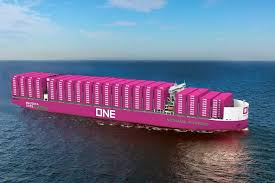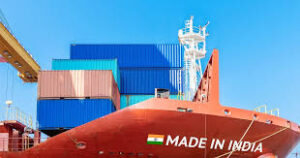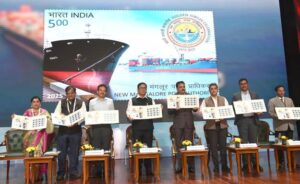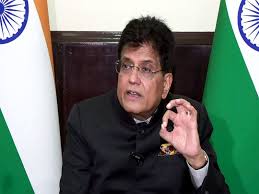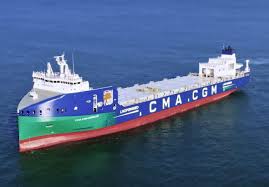Dr. Pushpendra Pratap Singh, Country Head, AS India, says the National Logistics Policy will remodel the entire shipping and logistics industry. Reduced freight and logistics costs in India would accelerate overall economic growth by 2030. India’s endeavor to be amongst the top 25 countries globally would pave the way for India’s strategic stature. In addition, full digitisation recalibrates, speeding up maritime, logistics, warehousing, and distribution networks.
The policy facilitates Logistics Ease Across Different States (LEADS) facilitates infrastructure, services, operating and regulatory environments that would expedite interstate approvals, mobility of transportation, and enhance terminal services. Further, Multi-Model Logistics Parks for ICDs, CFS, Cargo Terminals, and Airfreight Stations would facilitate and envisage logistics proficiency. Infusing private players for CFS & ICD’s metamorphose India vision of “Nation Building”.
As the Logistics sector evolves, government bodies identify multitudinous gaps & suggested distinctive measures to overcome weaknesses and limitations. In an endeavor to “Atma Nirbhar Bharat,” an initiative of ULIP (Unified Logistics Interface Platform) was initiated promising world-class services to the global market. The policy is in alignment with the overall objective of “Gatishakti”, promoting a single window affecting transparency in the industry, which not only speeds up the entire process but also nullifies the lead time in the movement of goods.
The development of human resources is one of the dominant agendas on the list. Special emphasis would be placed on various ministries to develop action plans and address their skill development and capacity building. Standardisation of warehousing and its related activities requires a transformation as there are no specific guidelines at present. The Ministry of Commerce and the Government of India have worked tirelessly to transform the current process into a standard set of parameters. There is an increasing demand for door-to-door service requirements of distribution. Start-up units, manufacturing units, and traders prefer to co-own the warehouse space as it is cost-effective and economical. An acute shortage of labor and space in the factory is tiresome and unmanageable at times. Once the industry implements this new framework, it will encourage importers and exporters, traders, and business houses from the international market to expand their commercial activities of warehousing and distribution on our soil.
Digitalisation and new developments in the field of artificial intelligence are becoming increasingly relevant to the maritime and logistics industry. They help streamline existing processes, create new business opportunities and transform supply chains and trade geography. Asia Shipping International Transport a leading company in upgrading & overhauling digitisation. Each process is paperless, inducing a human error-free mode. Its business IT team developed customised software through which direct system-generated invoices, reports, and documents are sent to clients. Our company intends to make full use of this policy by expanding its operations both locally and globally. The establishment of warehouses and distribution channels is also planned.
India is considered to be one of the superpowers of the world. It envisions a society based on ethical values such as individual liberty, socioeconomic liberties, and communal harmony. In the 1960s, India experienced a “Green Revolution”, which uplifted grain production immensely. Now, the Logistics and Maritime Industry will experience a massive surge in the coming years. I am confident that this policy will prove to be a boon for the industry.

